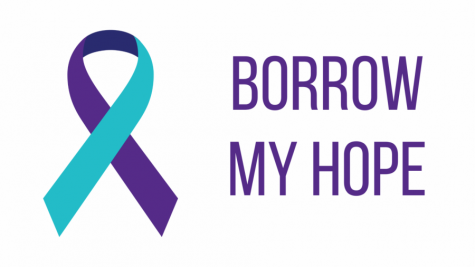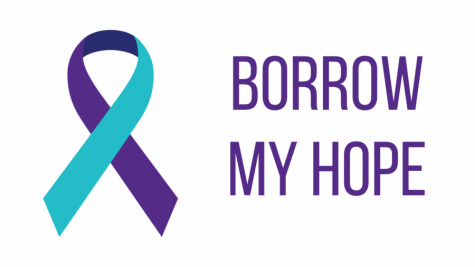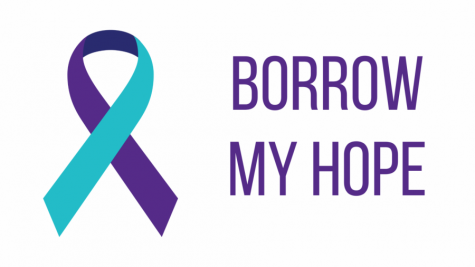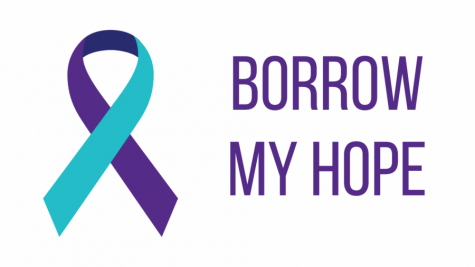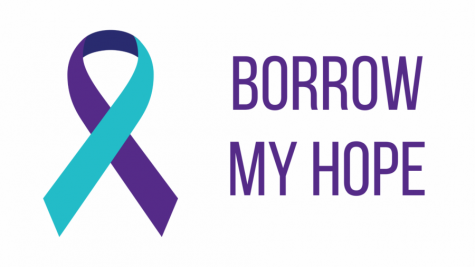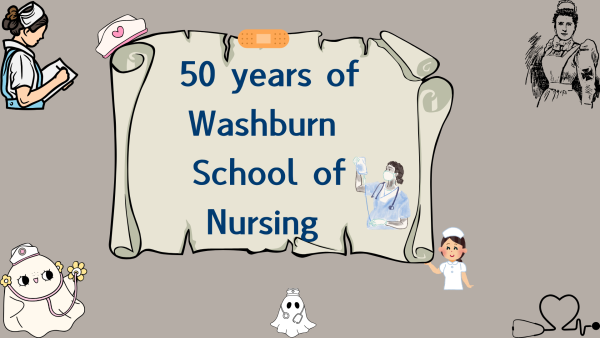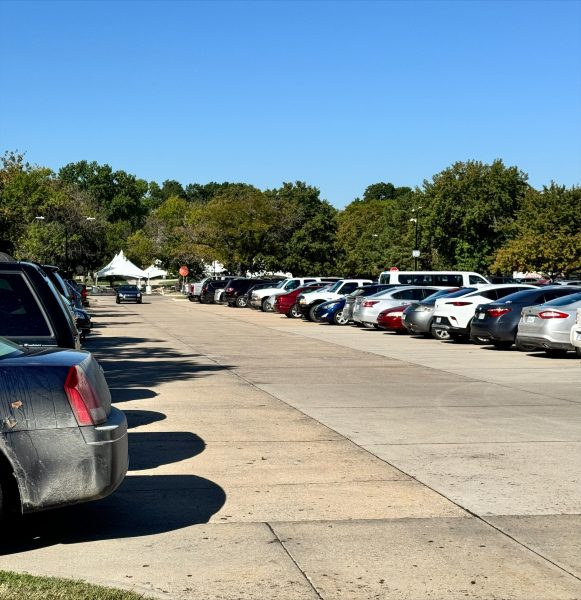Borrow My Hope: Expand mental healthcare access to prevent suicide
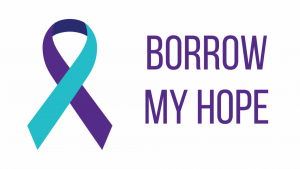
The teal-and-purple ribbon commemorates lives lost to suicide.
Without access to quality mental healthcare, I might not be here writing this newsletter.
For instance, the out-of-pocket cost of just 30 pills of a mood stabilizer medication I take can be $800 or more. I’m on my parents’ health insurance, so the cost for those 30 pills plummets to less than $10. But according to the CDC, almost 33 million Americans under the age of 65 don’t have health insurance.
I’ve also been able to go to therapy since September 2018. The university that I attend is pretty awesome in that it offers free counseling services, which I’ve used for many sessions.
I’ve also gone to private practice therapists, though. They have bills to pay and a living to make, so they understandably have to set certain rates. Again, health insurance helped . . . but again, millions of Americans don’t have health insurance or might have plans that don’t offer great coverage.
Therapy and/or medications can be life-changing and life-saving, but according to NAMI, almost half of American children and adults with a mental health condition are going without treatment. Part of this problem certainly has to do with social stigma about mental health (and especially suicide) awareness, but another part of it has to do with access.
This lack of access can have many different features: financial costs, health insurance or lack thereof, a shortage of mental health professionals, and geographic distance. A 2018 report from Mental Health America showcases what various aspects of mental healthcare access look like nationwide.
The stats from the report are sobering—did you know that almost two-thirds of American youth with major depression don’t receive any mental healthcare treatment? Or that in Massachusetts, there’s a mental health worker for every 200 people, but in Alabama, there’s only one worker for every 1,260 people? (For Kansas, the ratio is 580:1, by the way.)
As a result, it’s crucial to focus on expanding access to mental healthcare if we want to be serious about suicide prevention.
Whether this is an issue that you are just now learning about or is something painfully familiar to you, I want to make sure that it’s on your radar.
Expanding access means a better healthcare system, prescription drug price controls, more mental healthcare workers, more state and federal funding for mental healthcare programs, and even things that you might not associate with mental health, like getting high-speed internet to more people so that telehealth is a viable option for them.
Together, these actions and more can truly save lives.
Your donation will support the student journalists of Washburn University. Your contribution will allow us to purchase equipment and cover our annual website hosting costs.



